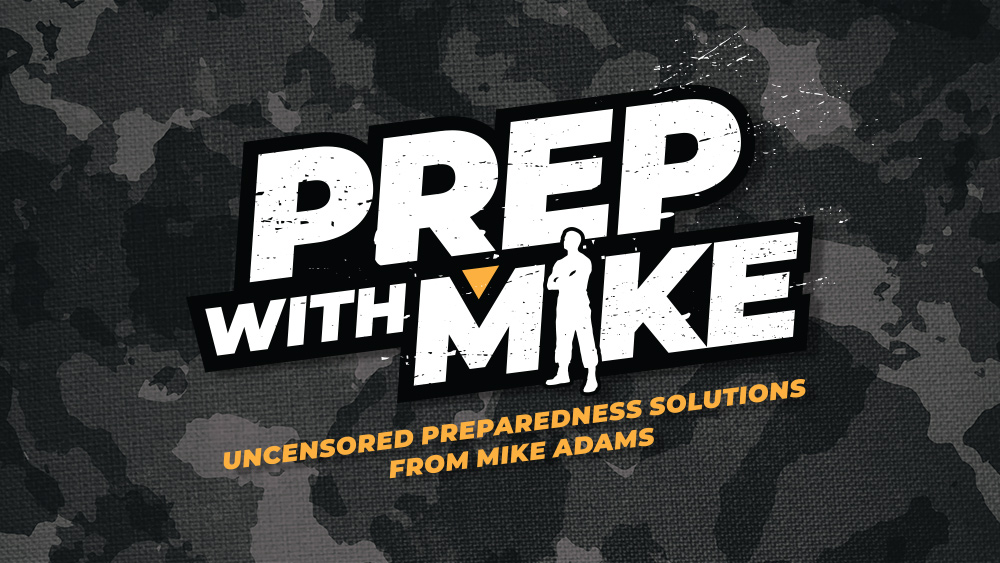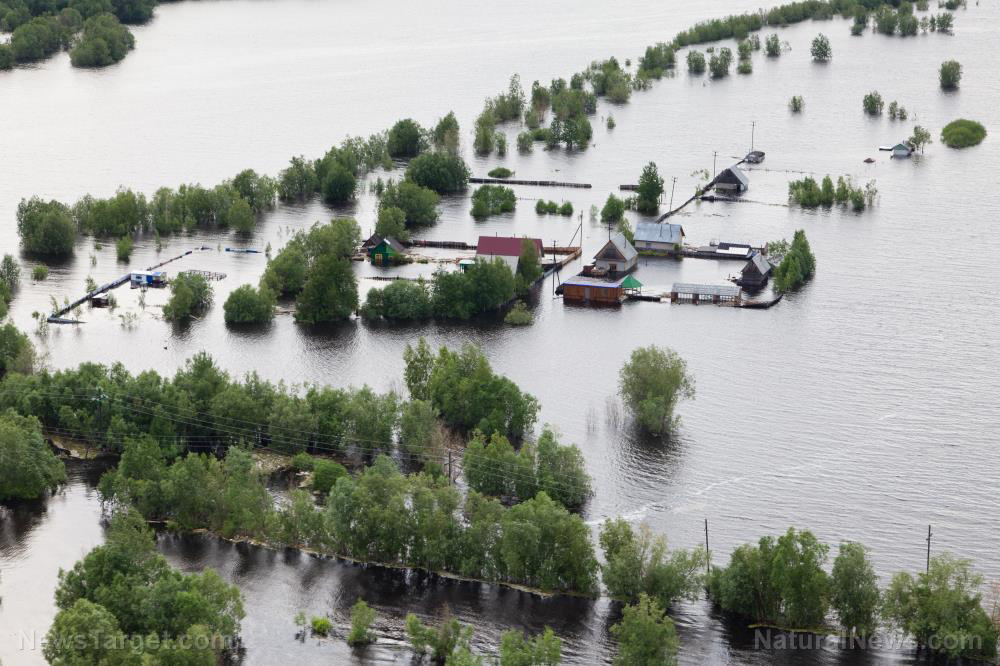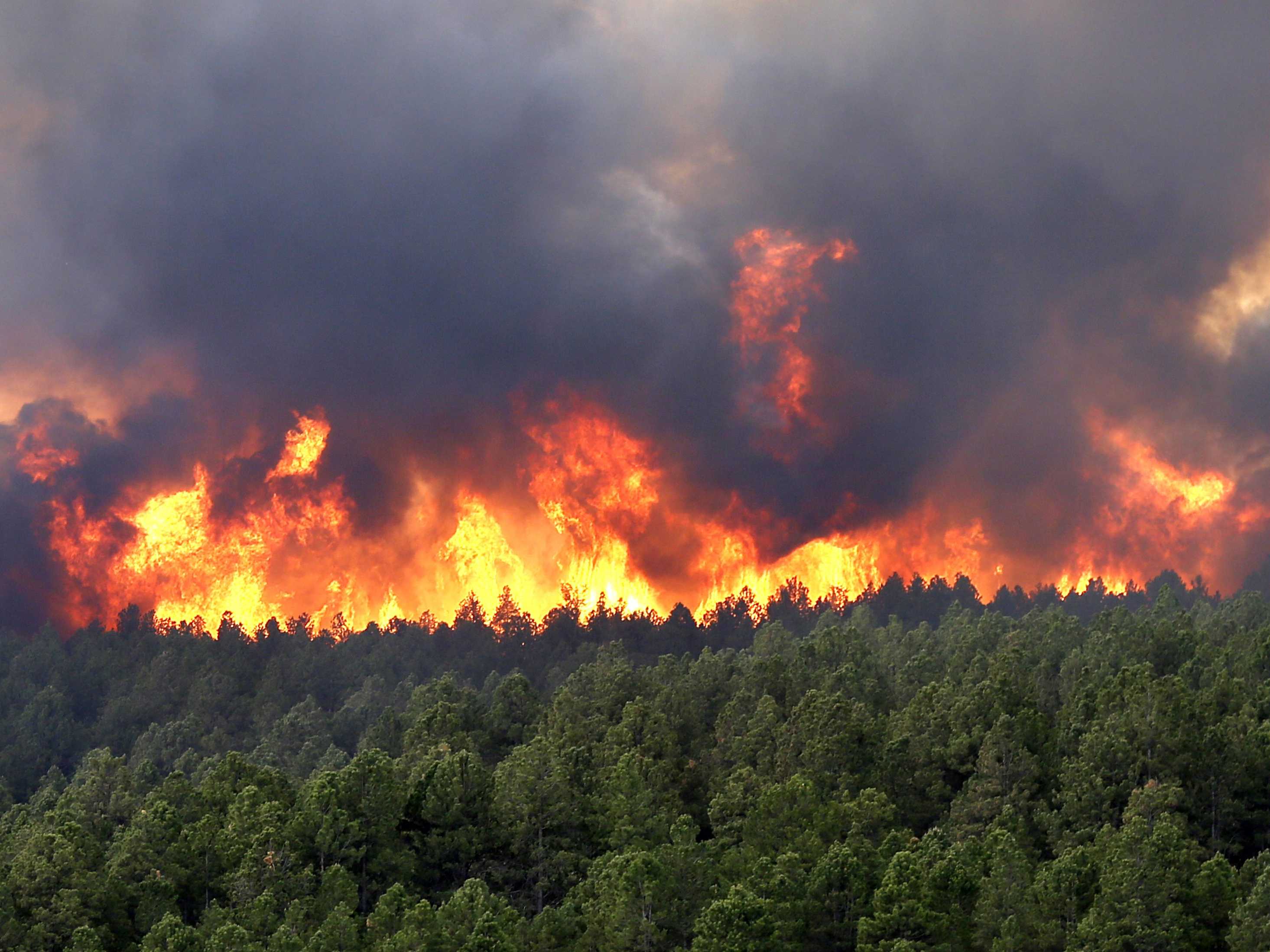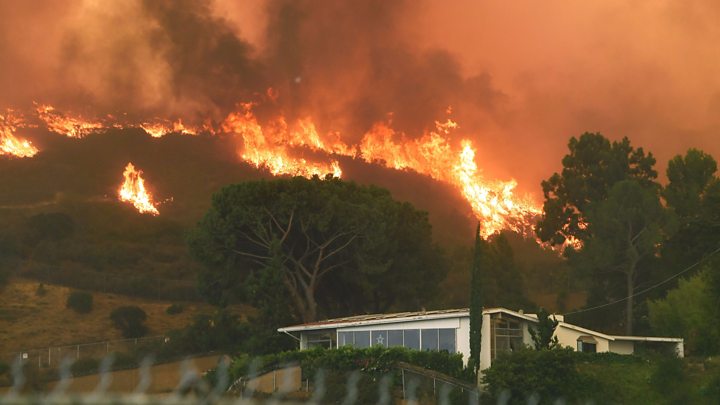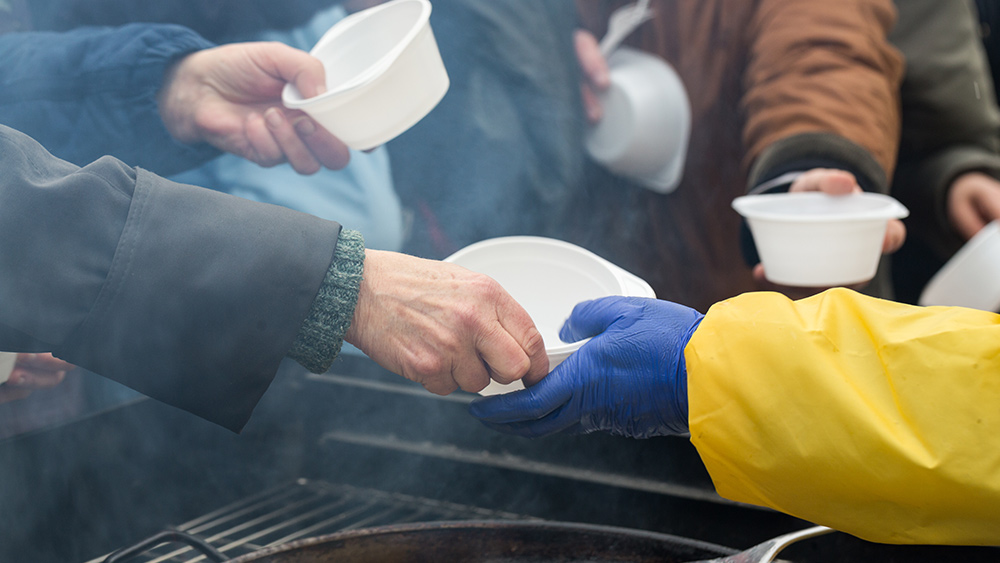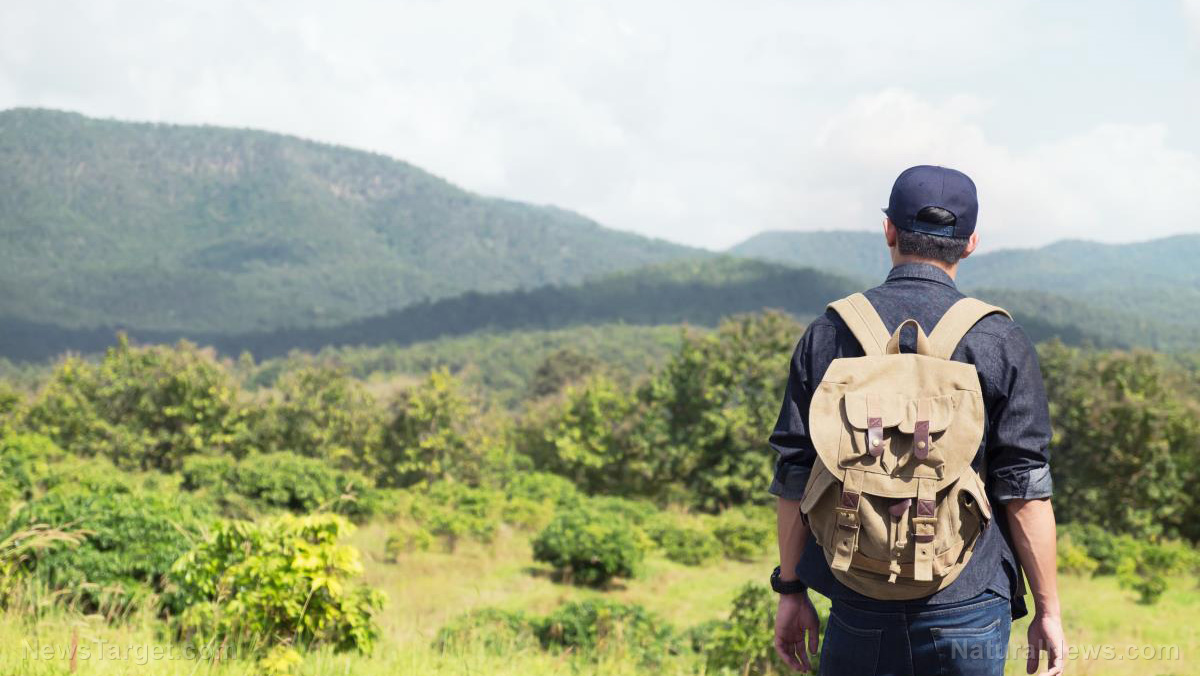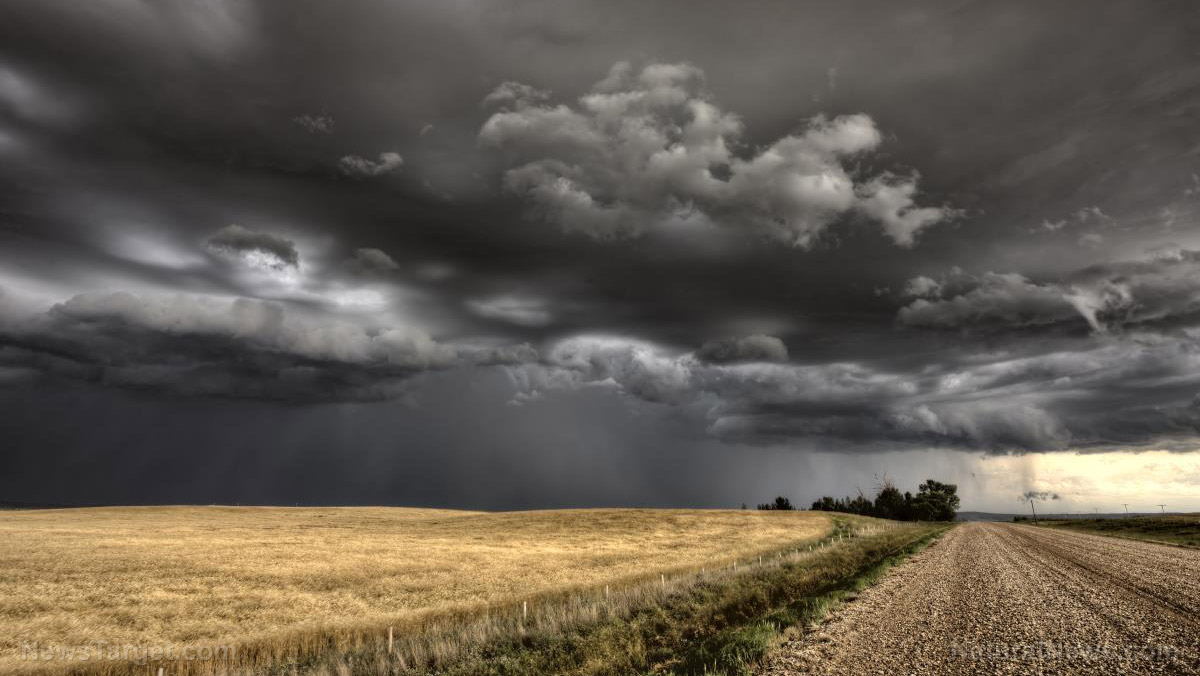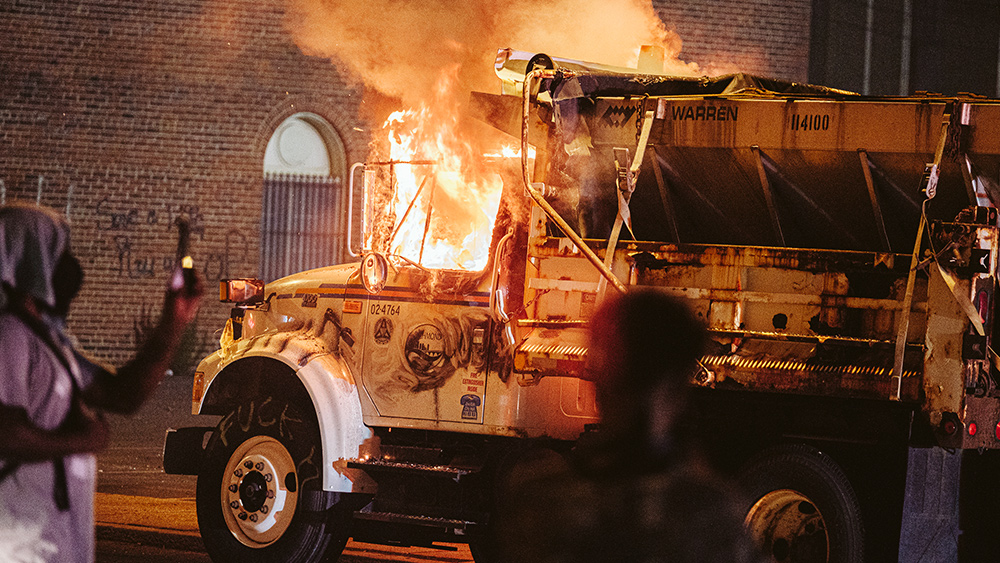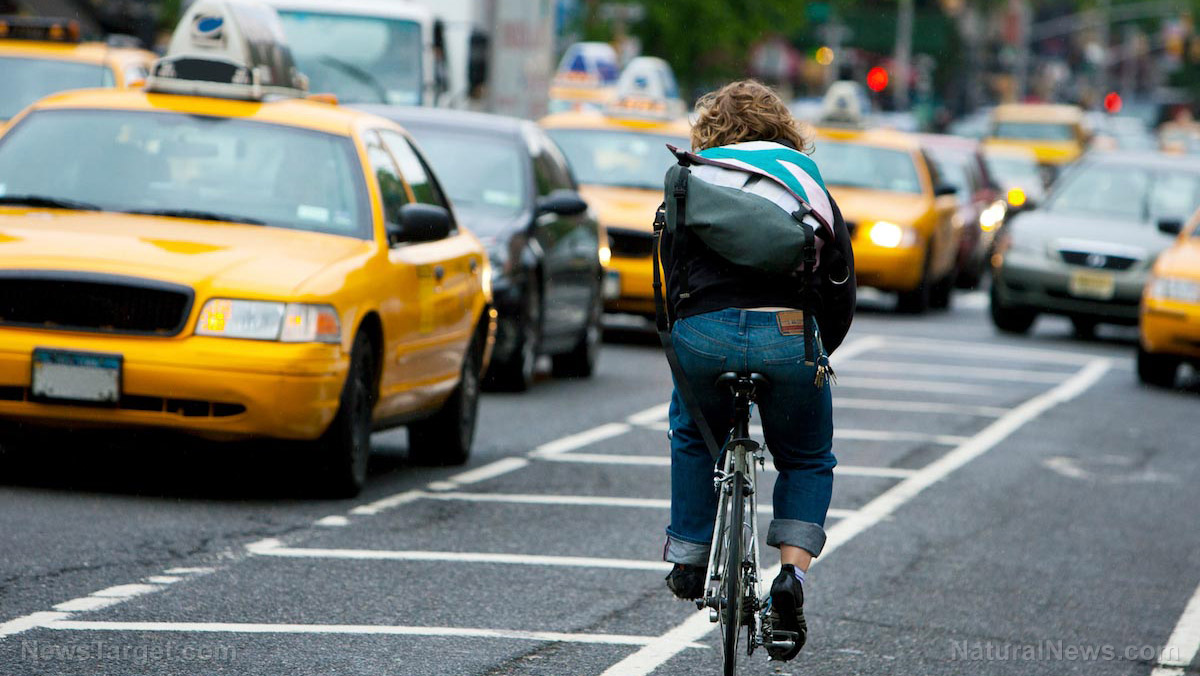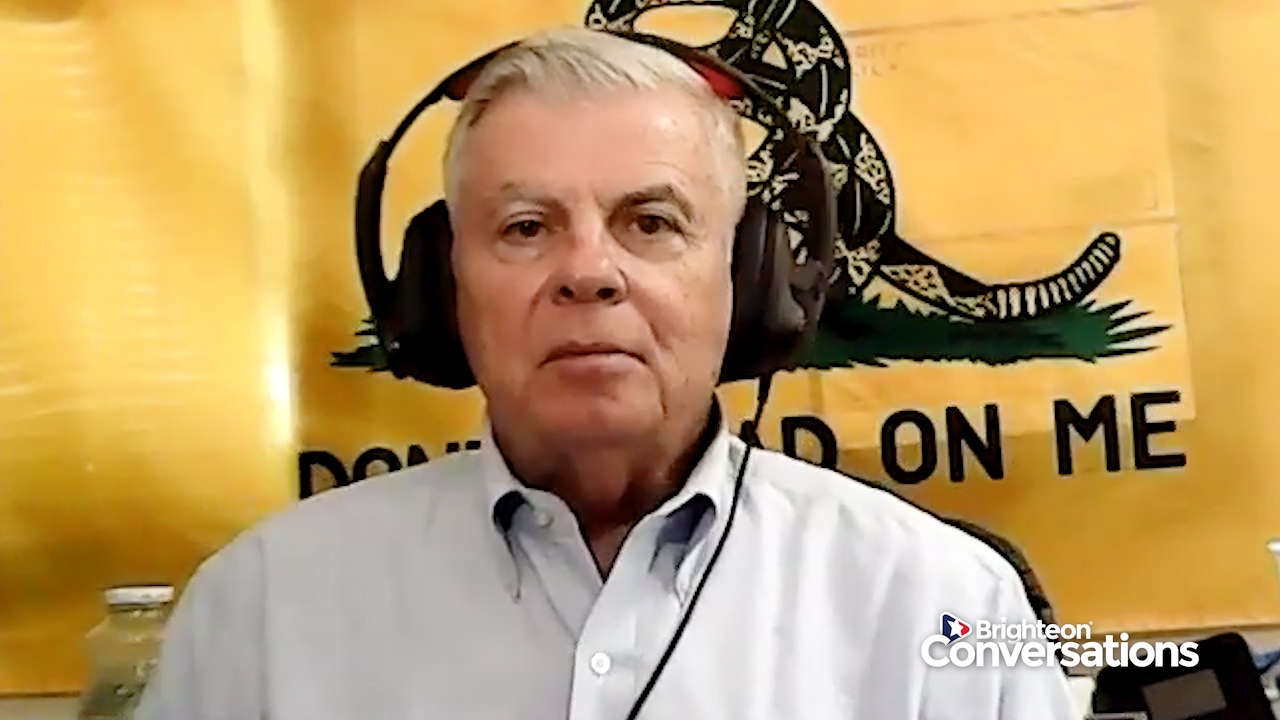US cities see record wealth losses caused by economic fallout from coronavirus lockdowns
08/17/2020 / By Ralph Flores
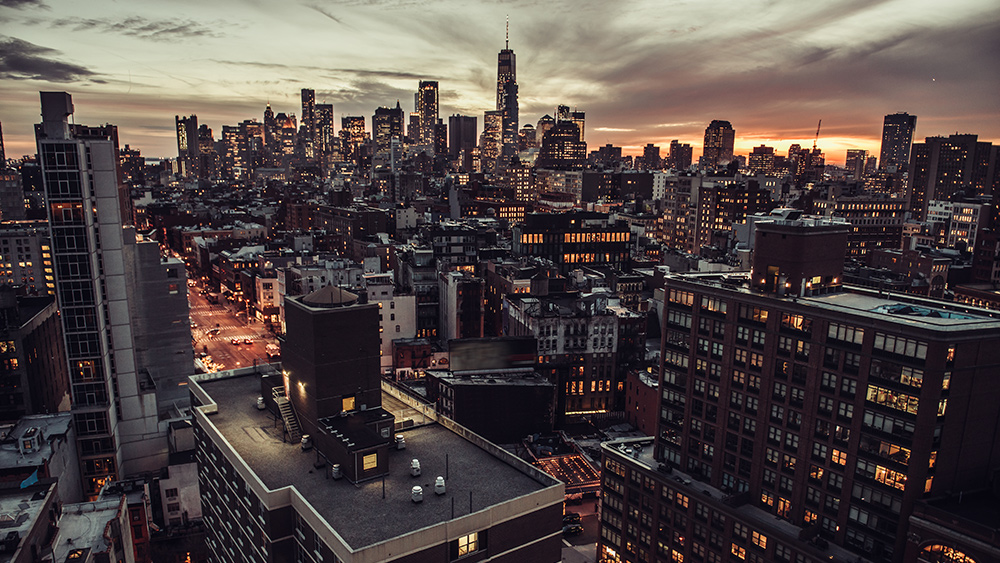
Many cities in the U.S. are reeling from the economic impact caused by the coronavirus, the worst economic crisis since the Great Depression of the 1930s. In particular, major cities are reporting record losses in combined wealth, with residents of New York City reporting a loss of over $336 billion, or 13 percent, following the fallout from the coronavirus.
According to the report, which was released on August 5 by research firms Webster Pacific and New World Health, New Yorkers lost the most wealth in dollar terms, compared to other major cities in that period. Residents of San Francisco, in comparison, fared better, losing $105 billion, or around five percent, of their wealth.
The number of billionaires in the two cities fell during this period: New York now has only 60 billionaires – down from 65 – while San Francisco has 43, from 45 billionaires last year.
The research firms identified massive job losses, declining income levels, stock market slumps and weaker high-end property values as main drivers for the decline. Overall, total wealth in the U.S. dropped by nine percent during the first half of 2020.
Despite the decline, the U.S. is still better off than other hard-hit countries. Total wealth in Russia and Brazil – the fourth- and second-highest coronavirus caseload, respectively – declined by as much as 20 percent. In fact, the U.S. performed better than the rest of the world, which reported a 14 percent drop. This also means that the U.S. maintains its standing as the wealthiest nation on Earth, holding around $58 trillion in total – or a third of the world’s wealth.
The U.S. also ranks high in terms of per capita wealth, or a country’s average wealth per person, at $178,000 per person, just behind Monaco, Luxembourg, Switzerland and Australia.
The report also showed a similar trend in New York City, as it remained to be the nation’s wealthiest city, even after the loss in combined wealth, with $2.7 trillion in total wealth held by residents. The San Francisco Bay Area also reported a total wealth of $2.3 trillion, followed by Los Angeles, Chicago and Houston.
New York City, abandoned
The streets of New York City, however, is a different story. Five months into the pandemic, the tourists are gone and the offices are largely empty. Restaurants, once the main draw of the city, serve food on the patio. No one knows just how many restaurants have closed in the city at the height of the pandemic. The coronavirus has ravaged New York City’s economy, leaving it in a far worse state than elsewhere in the country.
Brands have started to move out of the city, with J.C. Penney, Kate Spade, Subway and Le Pain Quotidien closing branches in the city for good. Other brands, like the Gap and Victoria’s Secret, have started to open in other states but remain closed in the city. (Related: Most New York City restaurants won’t be able to pay their July rent, survey finds.)
“There’s no reason to do business in New York,” Michael Weinstein, CEO of Ark Restaurants, told the New York Times. “I can do the same volume in Florida in the same square feet as I would have in New York, with my expenses being much less. The idea was that branding and locations were important, but the expense of being in this city has overtaken the marketing group that says you have to be there.”
In fact, the city’s major retail corridors – from SoHo to Fifth Avenue to Madison Avenue – are nearly empty. Many stores are still shuttered, some even permanently. Those that are open have very little foot traffic. Thiago Hueb, the founder of a jewelry company sold nationwide, decided to close his flagship store on Madison Avenue. The lack of people coming into his store making it impractical to continue running the store.
“The avenue is no longer what it used to be,” he added.
The U.S. still leads the world in coronavirus caseload at 5,191,689, with 165,909 heaths, according to data from Johns Hopkins University.
Sources include:
Tagged Under: chaos, China, cities, Collapse, coronavirus, covid-19, economy, fallout, finance, flu, infections, outbreak, pandemic, risk, superbugs, virus, wealth
RECENT NEWS & ARTICLES
COPYRIGHT © 2017 DISASTER NEWS

